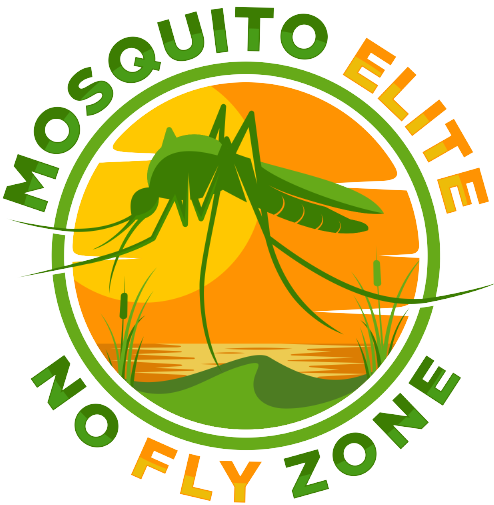Mosquito Season in Louisiana
Tailgate Season + Mosquito Season= No Fun…. unless you have Mosquito Elite!
If you believe that mosquito activity slows in the fall and winter, think again!! As we transition from summer to fall, mosquitoes are still quite active throughout SWLA, patiently awaiting their next opportunity to bite. But what are the factors that influence mosquito activity, and in a world of extended seasons and irregular weather patterns, can we even define a definitive "mosquito season"? To address these questions, let's begin by exploring the specific weather conditions that mosquitoes rely on to thrive.
What Are the Essential Conditions for Mosquito Survival?
To start, mosquitoes depend on both atmospheric and ground moisture. In environments lacking moisture in the air (NOT Louisiana lol), mosquitoes become vulnerable to desiccation and, essentially, die due to dehydration. Additionally, when we mention moisture, we're also referring to stagnant bodies of water, which mosquitoes require for egg-laying purposes. Mosquitoes are semi-aquatic creatures, and the initial stages of their life cycle, encompassing egg, larva, and pupa phases, occur entirely underwater. In the absence of standing water, adult mosquitoes cannot lay their eggs, impeding their ability to reproduce.
Furthermore, mosquitoes thrive in warm climates…. insert Louisiana. Being cold-blooded creatures, they are unable to regulate their body temperatures. When temperatures drop, mosquitoes must either seek warmer environments, undergo overwintering, or face mortality due to the cold. Mosquito activity is at its peak when temperatures soar to around 80°F (20°C), while it diminishes significantly when the mercury dips to 50°F (10°C) or lower.
Considering the combination of warmth and precipitation, it seems logical that mosquito season would coincide with the warm and wet parts of the year. Therefore, mosquito activity typically occurs during the spring through summer months. However in Louisiana we deal with them YEAR ROUND.
How Does Irregular Weather Impact Mosquito Activity?
Traditionally, we associate specific weather conditions with each of the four seasons: spring, summer, fall, and winter. Spring ushers in the thawing of snow and the return of rainfall, while summer brings prolonged warmth. Fall features cooler air and the changing colors of leaves, and winter introduces frigid temperatures, prompting many animals to migrate, hibernate, or succumb to frostbite. Yet, mosquitoes pay no heed to our calendar months or seasons. For these insects, warmth and moisture are the key factors.
Moreover, various events throughout the year disrupt the expected seasonal weather patterns. For instance, hurricane season spans from June to November, bringing intense rainfall, flash floods, and warm gusts of wind. Particularly for regions near the Gulf Coast and its neighboring states, hurricane season extends the warmth of summer beyond its usual duration.
Another unusual weather phenomenon that the United States experiences periodically is the El Niño climate pattern. Occurring every two to seven years, El Niño involves warming surface temperatures in the central and eastern equatorial Pacific Ocean. This "warm phase" influences sea temperatures, ocean currents, and local weather patterns worldwide. In the United States, it leads to drier and warmer conditions in the northern regions, extending the presence of ideal climate conditions for mosquitoes, while the Gulf Coast experiences wetter periods with intensified storms.
Choose Mosquito Elite for Year-Round Protection,
Even in the face of unpredictable weather, Mosquito Elite remains your dependable ally. Our traditional barrier treatments are designed to safeguard your yard against mosquitoes, regardless of the season. Reach out to the experts at Mosquito Elite today by calling (337) 419-0788 or requesting a free quote. Your mosquito-free outdoor experience awaits! Make your yard a No Fly Zone all year!
